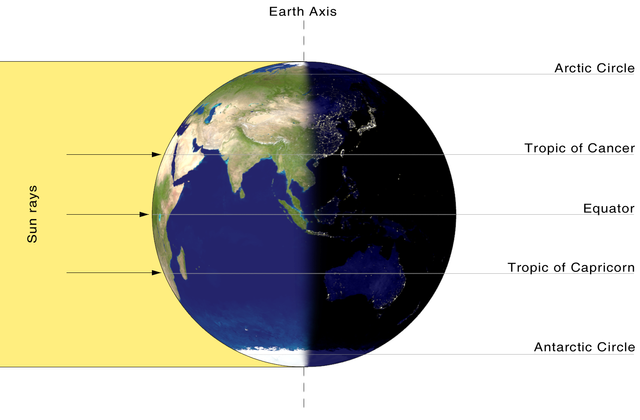
Throughout history, the advancement of civilizations has been a subject of fascination and inquiry. Why have some societies flourished with remarkable technological, cultural, and scientific progress, while others seemed to lag? One intriguing theory that offers a unique perspective on this question is the Equatorial Paradox. This theory suggests that civilizations located near the equator may have experienced slower rates of advancement due to the inherent abundance of resources in their environment.
Equatorial regions are known for their lush landscapes, diverse ecosystems, and abundant resources. The Equatorial Paradox posits that this richness might have discouraged the development of innovative technologies and social systems. Unlike civilizations in more temperate zones, where resource scarcity often necessitated the search for creative solutions, equatorial societies may have had little incentive to invent new tools or systems.
One of the key arguments in favor of the Equatorial Paradox is the stable climate prevalent in equatorial regions. With consistent temperatures year-round, crops can be cultivated throughout the year, providing a reliable food source. This agricultural surplus could lead to complacency, as societies may not feel the pressure to innovate or explore alternative means of sustenance.
The Equatorial Paradox also delves into cultural and social aspects. The theory suggests that in resource-abundant equatorial regions, hierarchical and traditional social structures might have been more likely to persist. Without the need to adapt rapidly to changing circumstances, these societies could remain relatively static in terms of social organization, limiting opportunities for new ideas to flourish.
Examining specific historical examples supports the notion of the Equatorial Paradox. Civilizations like those in ancient Southeast Asia and the Congo Basin, while certainly not devoid of advancement, did not experience the same rapid technological progress seen in civilizations located in more challenging environments. Their ability to thrive on readily available resources could be seen as a factor contributing to their comparatively slower pace of development.
Sources:
Diamond, J. (1997). "Guns, Germs, and Steel: The Fates of Human Societies." W. W. Norton & Company.
McNeill, J. R., & McNeill, W. H. (2003). "The Human Web: A Bird's-Eye View of World History." W. W. Norton & Company.
Sahlins, M. (1972). "Stone Age Economics." Aldine-Atherton.